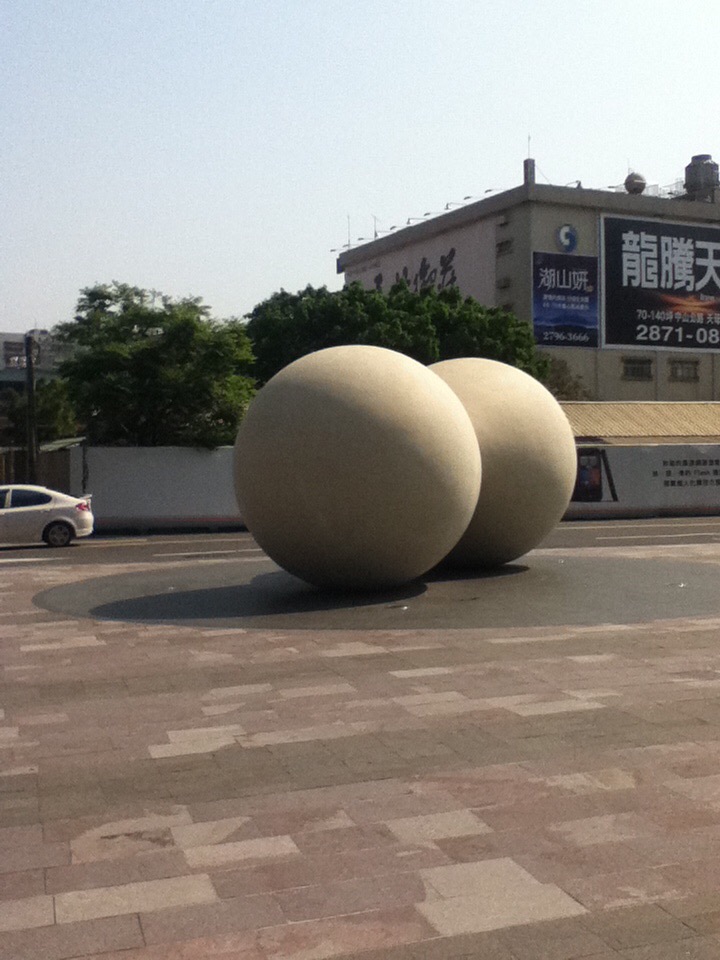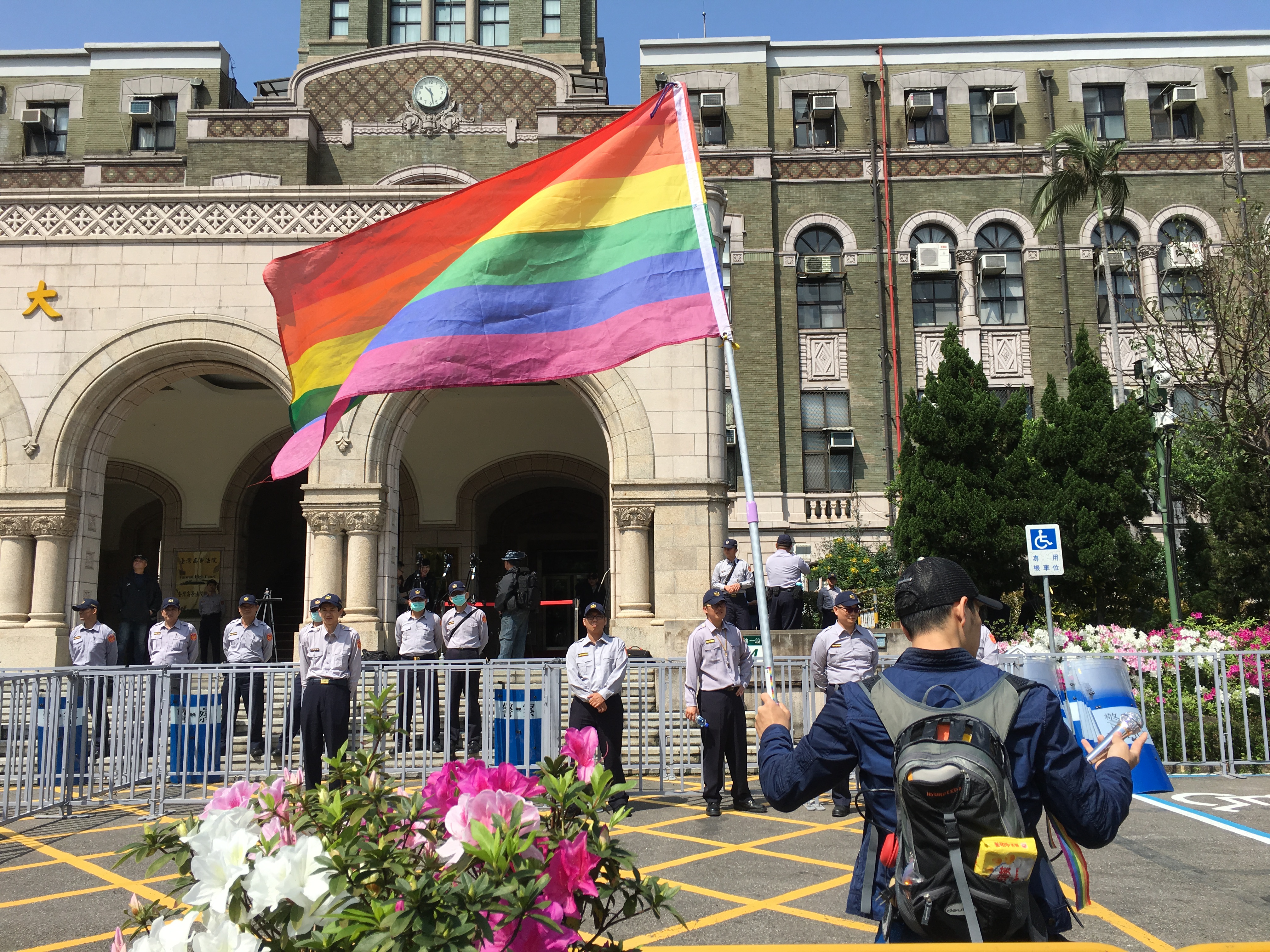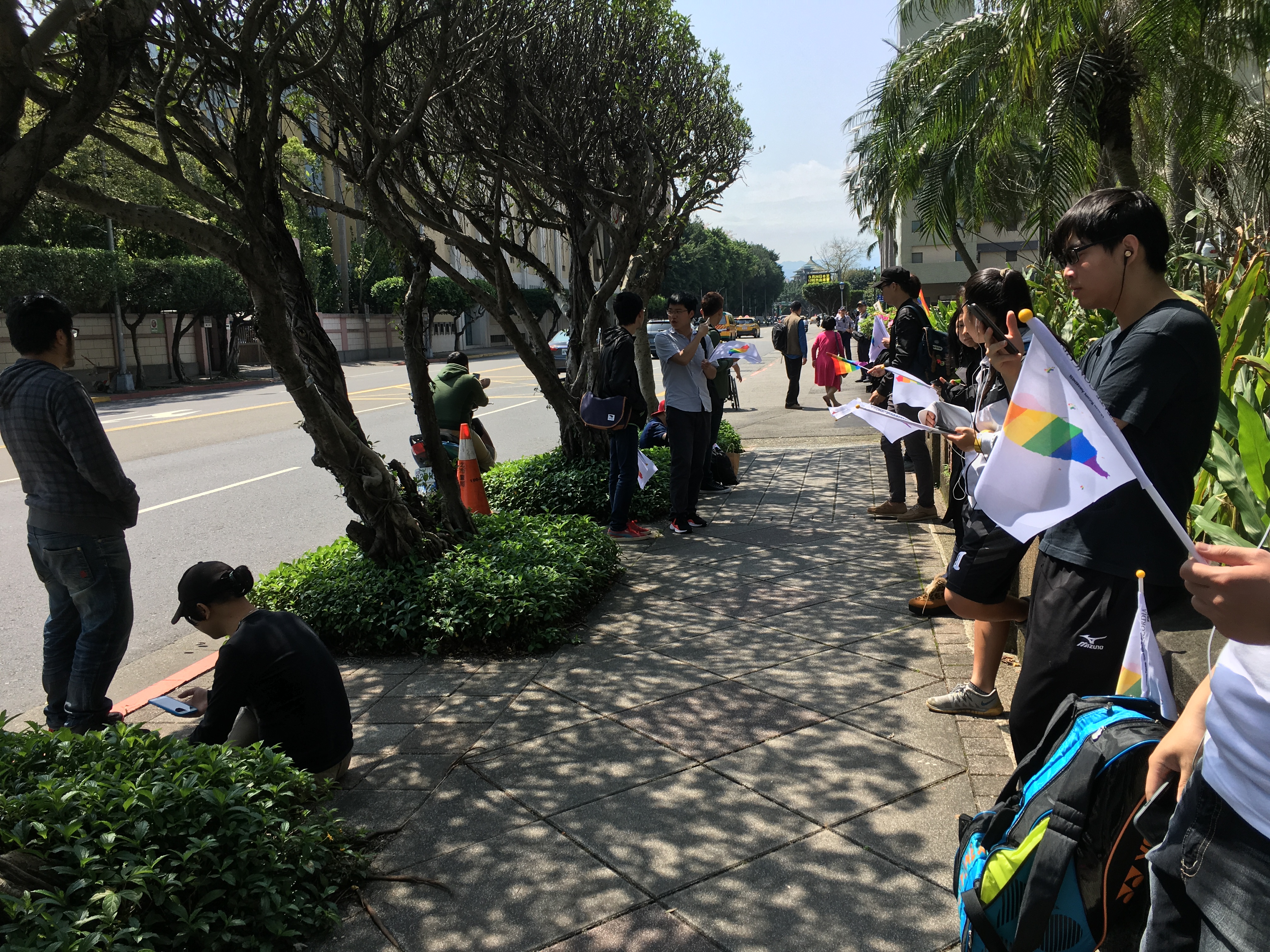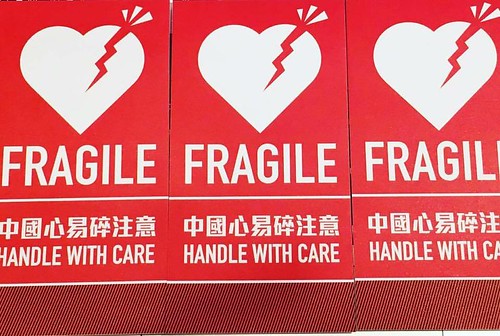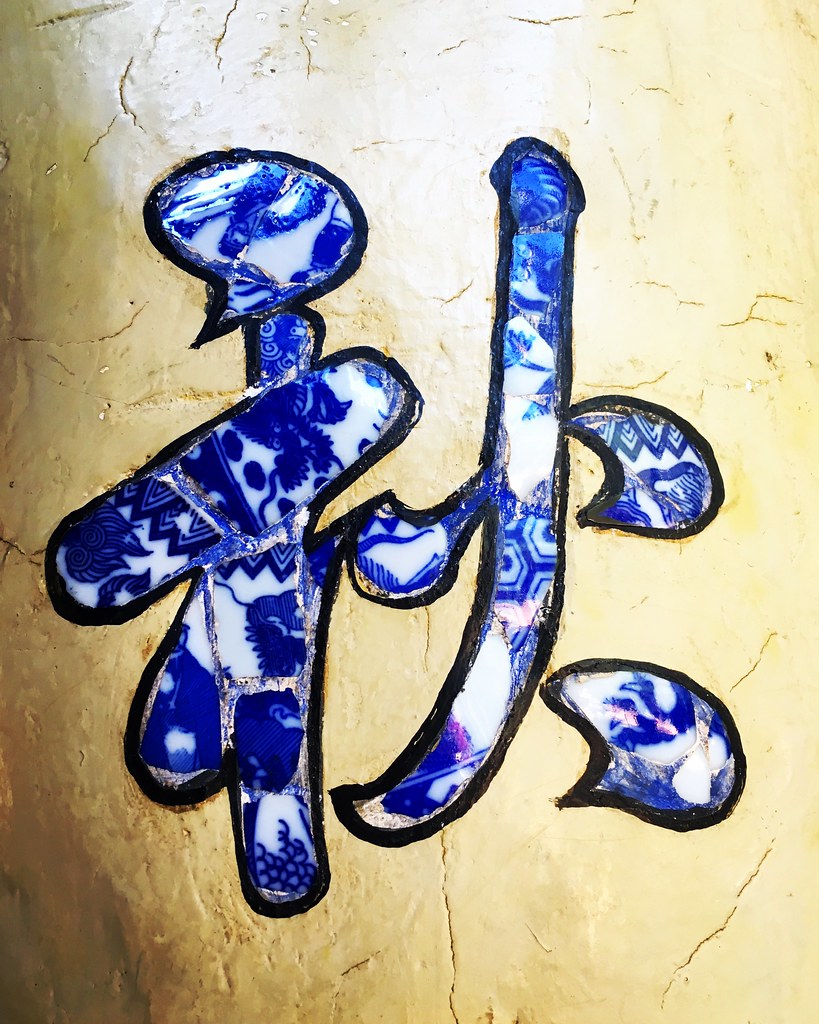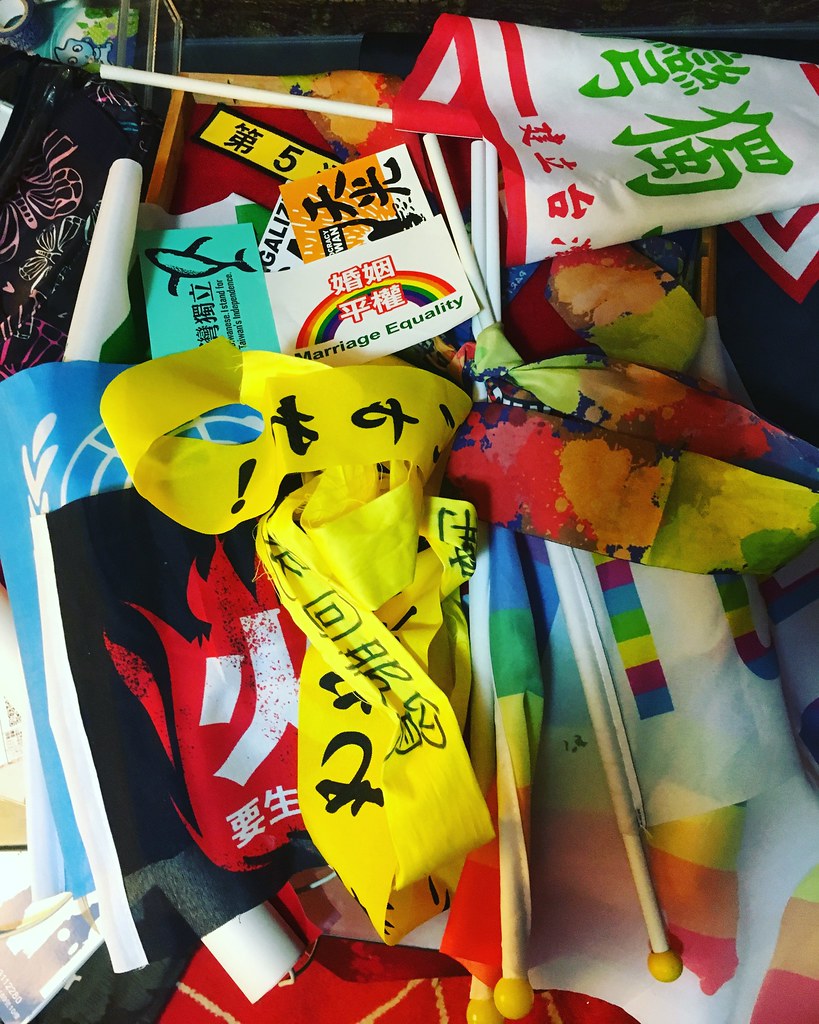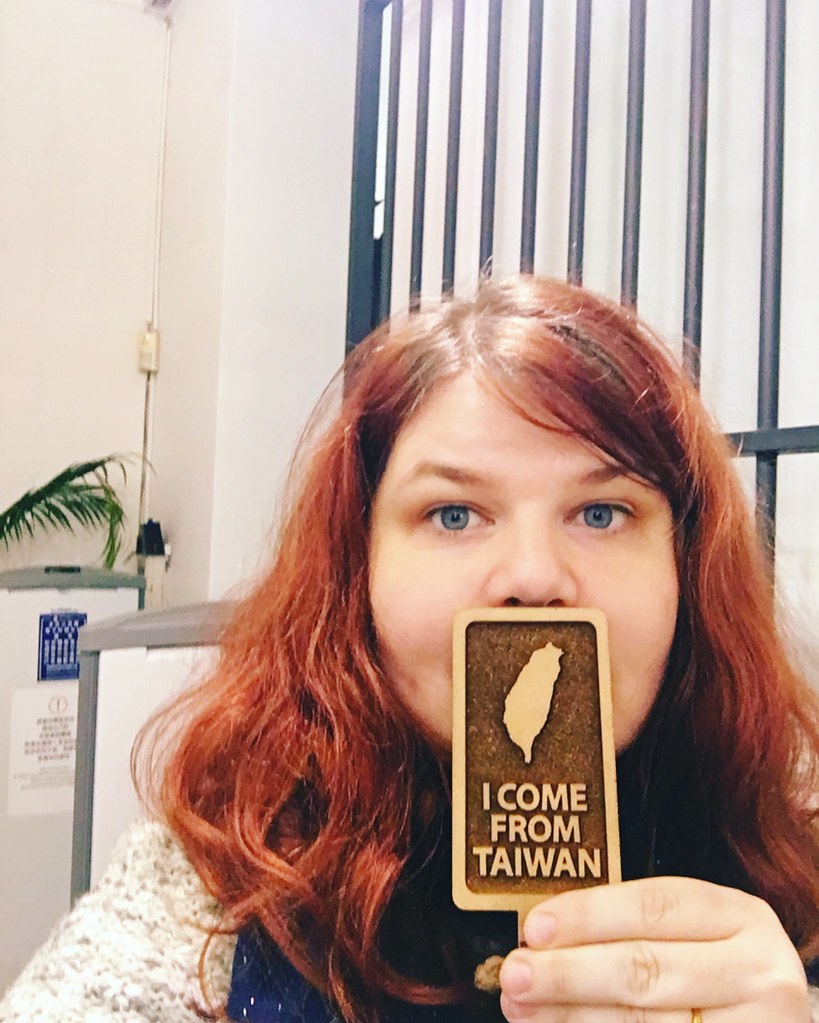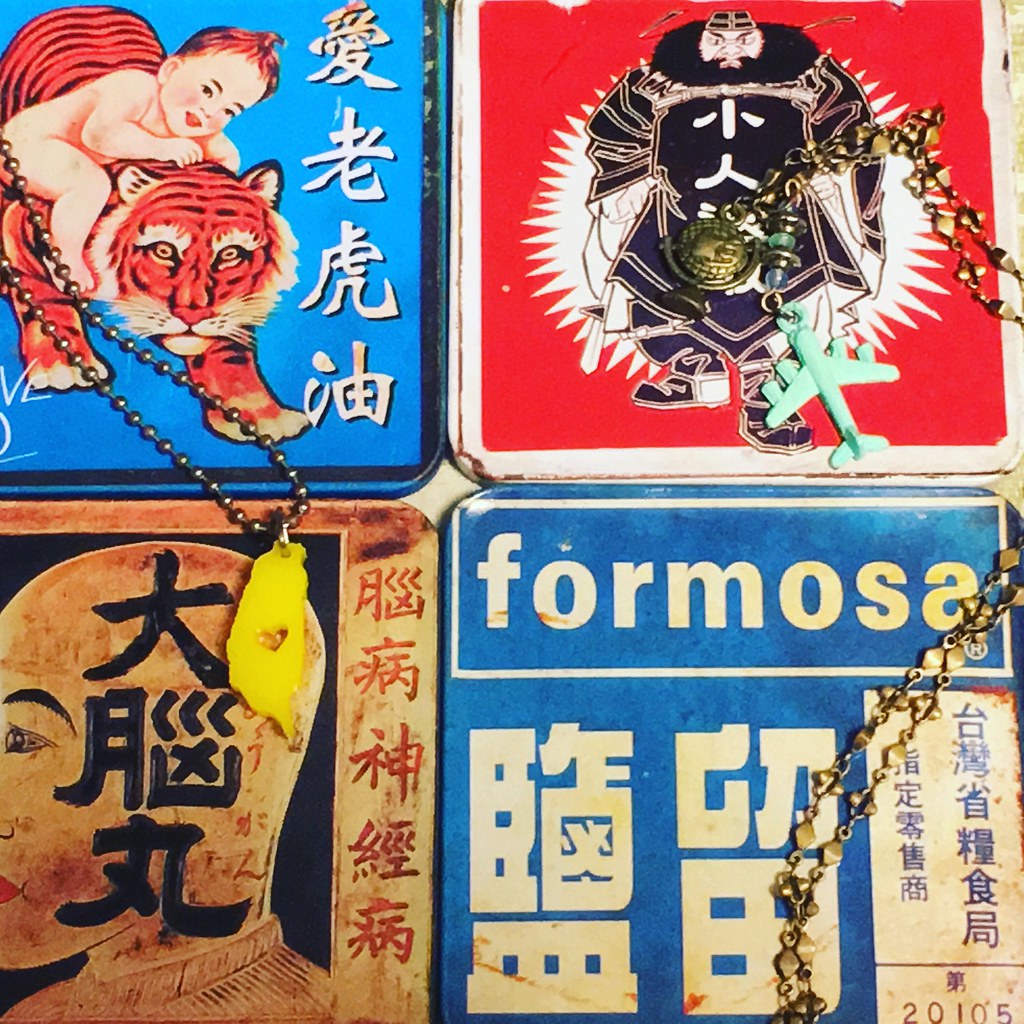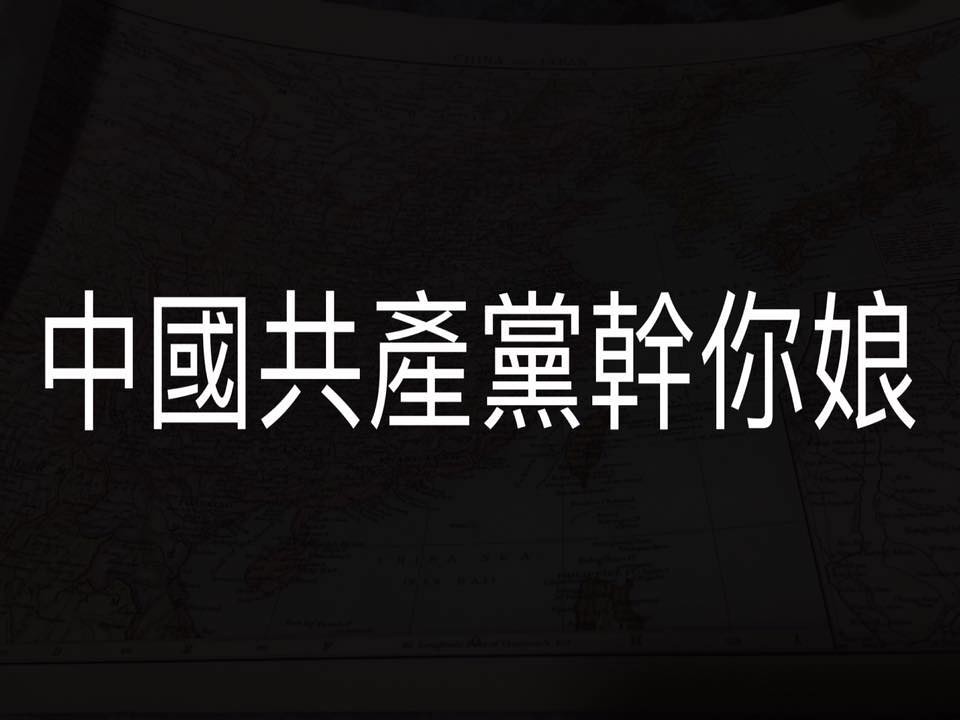
Three leaders of Hong Kong's Umbrella Revolution - Joshua Wong, Nathan Law and Alex Chow - who have already completed the community service they were originally sentenced to, have been re-sentenced to 6-8 (varied by individual) months in prison for their role in the 2014 Umbrella Revolution. Or, more accurately, they are being thrown in jail for daring to stand up for democracy.
It is, in fact, a slap in the face of democracy, in a city that until 2014 was under the impression that it would, as a special autonomous region (SAR), be granted a democratic system. China failed to keep that promise, and is failing to even uphold the terms of the deeply flawed treaty it did sign with Great Britain at the Hong Kong handover.
Do not think for a second that this is a matter internal to Hong Kong. China has broken every promise it made to the Hong Kong people, which is nothing to be surprised at. It's China, after all. The Chinese government is behind the renewed pressure on the Hong Kong government to suppress democracy within its territory, despite the city being ostensibly "free". The blame here goes straight to the Communist Party, not a local court.
It is, in fact, a slap in the face of democracy, in a city that until 2014 was under the impression that it would, as a special autonomous region (SAR), be granted a democratic system. China failed to keep that promise, and is failing to even uphold the terms of the deeply flawed treaty it did sign with Great Britain at the Hong Kong handover.
Do not think for a second that this is a matter internal to Hong Kong. China has broken every promise it made to the Hong Kong people, which is nothing to be surprised at. It's China, after all. The Chinese government is behind the renewed pressure on the Hong Kong government to suppress democracy within its territory, despite the city being ostensibly "free". The blame here goes straight to the Communist Party, not a local court.
These three activists took a great risk and, if you believe in democracy and basic human rights, are being unjustly punished for it. Yet, even if they had known the outcome, I bet they would have stood up for what was right anyway.
What I'm saying is, yes, this is a slap in the face of democracy. But also, maybe the West needs to get over its stupid stereotypes of Asian people being too nerdy, submissive, obedient or overly respectful of authority. It's bullshit - some of the bravest people I know are nerdy Asian kids. And maybe we Westerners, already comfortable in our democracies, need to stand with them.
They are quite literally risking their lives, fortunes and honor to stand up for what is right, and they are not backing down - everything Westerners who don't have to risk anything say they should be willing to do.
Or are we afraid - too submissive, overly respectful of Chinese totalitarianism, obedient to the demands of the CCP - to do the right thing?
Chances are that China will face no real consequences for its actions. It will be allowed to force Hong Kong into submission. Trade will continue to puff along, the international media will continue to write China-friendly puff pieces and carefully monitor its coverage out of fear of being kicked out of China, so that none of us get an accurate reporting of the region. People, some of whom are my friends, will continue to defend China based on a rosy view of how things work there - mostly fueled by the inaccurate reporting and puff pieces they read. They'll defend human rights violations on a massive scale because "we can't force Western ideas onto non-Western countries, that's cultural imperialism" (no - basic human rights are not Western ideas, they are human ideas. If they were purely Western you wouldn't see a country like Taiwan championing them). Maybe they'll do a bit of time travel to the 1990s and defend "Asian-style democracy" (there is nothing inherently Asian about it, and it isn't democracy). They will take vacations to China and call it "such a wonderful place" (and it can be - just not politically).
They might even come out with that old bit o' nonsense that "in Asia there's such a reverence for authority", as an easy way to discount the atrocities that China commits. They might even talk about how "popular" Xi Jinping is or how "happy" the Chinese are with their government (as though it is possible to do any meaningful political research in China on these topics).
They won't spare a thought to the activists now languishing in a jail cell for standing up for what is right, people who don't have a "reverence for authority", people who don't obey - because standing up for what is right is not "Western", it's human.
They'll ignore it, because it puts them in the uncomfortable position of being Westerners criticizing an Asian system, and they don't want to be that kind of person (and I get it - I don't, either).
They will do all of this, and in the next breath defend democracy and human rights and talk about how much they care about these things. They'll talk about how free speech is so important, and we must preserve it at all costs. They'll talk about how American democracy is in danger.
They will think these rights are very important...for them. If they even consider that, by making excuses for China, they are condoning the denial of these same rights to others, they'll explain it away.
The hypocrisy won't even register.
In any case, China will get away with it. The puff pieces will continue, the careful monitoring of China coverage so as not to offend the CCP's delicate sensibilities will continue, people - even well-meaning, educated liberals - will read that garbage and call it news. They won't look any deeper, if they even know who Joshua, Nathan and Alex are.
We'll all buy the newest iPhone and China will make a few bucks on each one while Joshua, Nathan and Alex sit in jail standing up for all those things we claim to care about. We won't think of them (well, I will). Some people will take their vacations to China this year, and come back thinking that there can't possibly be anything deeply wrong or dysfunctional with the way it's run, because they saw some pretty mountains and a few temples.
A few politicians will make statements, but these won't result in any actual consequences.
Some of us will continue to characterize Asians as "nerdy", "submissive" or "respectful of authority". It won't begin to register how wrong we are.
The Chinese government is the problem, but perhaps we are the problem too.
The next time you are tempted to explain it and your own discomfort away with "but it's Asia and in Asian cultures people are more respectful of authority", have a think about that stereotype while these three activists sit in jail, okay?
Human rights are just that, human. Not Western - human. How can you say "it's their culture" not to have human rights, when three people from that culture are paying the price for standing up for these very rights? Clearly it's not endemic to the place or people. Liu Xiaobo died for them, and many others before him that you never heard of because the media is afraid of China.
There's not much I can do except write. I can't even vote for people who will do better, because there aren't any. The few who want to stand up to China have such odious platforms in other areas that I cannot in good conscience vote for them either. Maybe I'm part of the problem too, for failing to be creative enough to think of more I could do.
But I can refuse to listen to the China apologists and say it straight up - fuck you, China, for what you did to those activists.
Fuck. You.
Chances are that China will face no real consequences for its actions. It will be allowed to force Hong Kong into submission. Trade will continue to puff along, the international media will continue to write China-friendly puff pieces and carefully monitor its coverage out of fear of being kicked out of China, so that none of us get an accurate reporting of the region. People, some of whom are my friends, will continue to defend China based on a rosy view of how things work there - mostly fueled by the inaccurate reporting and puff pieces they read. They'll defend human rights violations on a massive scale because "we can't force Western ideas onto non-Western countries, that's cultural imperialism" (no - basic human rights are not Western ideas, they are human ideas. If they were purely Western you wouldn't see a country like Taiwan championing them). Maybe they'll do a bit of time travel to the 1990s and defend "Asian-style democracy" (there is nothing inherently Asian about it, and it isn't democracy). They will take vacations to China and call it "such a wonderful place" (and it can be - just not politically).
They might even come out with that old bit o' nonsense that "in Asia there's such a reverence for authority", as an easy way to discount the atrocities that China commits. They might even talk about how "popular" Xi Jinping is or how "happy" the Chinese are with their government (as though it is possible to do any meaningful political research in China on these topics).
They won't spare a thought to the activists now languishing in a jail cell for standing up for what is right, people who don't have a "reverence for authority", people who don't obey - because standing up for what is right is not "Western", it's human.
They'll ignore it, because it puts them in the uncomfortable position of being Westerners criticizing an Asian system, and they don't want to be that kind of person (and I get it - I don't, either).
They will do all of this, and in the next breath defend democracy and human rights and talk about how much they care about these things. They'll talk about how free speech is so important, and we must preserve it at all costs. They'll talk about how American democracy is in danger.
They will think these rights are very important...for them. If they even consider that, by making excuses for China, they are condoning the denial of these same rights to others, they'll explain it away.
The hypocrisy won't even register.
In any case, China will get away with it. The puff pieces will continue, the careful monitoring of China coverage so as not to offend the CCP's delicate sensibilities will continue, people - even well-meaning, educated liberals - will read that garbage and call it news. They won't look any deeper, if they even know who Joshua, Nathan and Alex are.
We'll all buy the newest iPhone and China will make a few bucks on each one while Joshua, Nathan and Alex sit in jail standing up for all those things we claim to care about. We won't think of them (well, I will). Some people will take their vacations to China this year, and come back thinking that there can't possibly be anything deeply wrong or dysfunctional with the way it's run, because they saw some pretty mountains and a few temples.
A few politicians will make statements, but these won't result in any actual consequences.
Some of us will continue to characterize Asians as "nerdy", "submissive" or "respectful of authority". It won't begin to register how wrong we are.
The Chinese government is the problem, but perhaps we are the problem too.
The next time you are tempted to explain it and your own discomfort away with "but it's Asia and in Asian cultures people are more respectful of authority", have a think about that stereotype while these three activists sit in jail, okay?
Human rights are just that, human. Not Western - human. How can you say "it's their culture" not to have human rights, when three people from that culture are paying the price for standing up for these very rights? Clearly it's not endemic to the place or people. Liu Xiaobo died for them, and many others before him that you never heard of because the media is afraid of China.
There's not much I can do except write. I can't even vote for people who will do better, because there aren't any. The few who want to stand up to China have such odious platforms in other areas that I cannot in good conscience vote for them either. Maybe I'm part of the problem too, for failing to be creative enough to think of more I could do.
But I can refuse to listen to the China apologists and say it straight up - fuck you, China, for what you did to those activists.
Fuck. You.

